OpenAI might’ve leaked its top 30 biggest customers – and 70% of ChatGPT use isn’t even for work
OpenAI’s Biggest Corporate Clients and the Surprising Rise of Personal AI Use
Recent reports circulating within the tech community suggest that OpenAI may have revealed its top 30 corporate clients—organizations responsible for processing over one trillion tokens through its models. If these claims are accurate, they shed light on the extensive integration of AI across some of the world’s most influential companies.
The Titans of AI Adoption
Among these top clients are well-known industry leaders such as Duolingo, Salesforce, Shopify, Notion, and T-Mobile. These organizations are not merely experimenting with artificial intelligence; they are leveraging it to build foundational AI-driven products that influence everyday life. Their adoption signifies a broad shift toward embedding AI into core business operations and consumer experiences alike.
The Personal Dimension of AI Usage
What is particularly striking about these revelations is the statistic that over 70% of ChatGPT interactions are for non-work-related purposes. Users worldwide are utilizing the platform for advice, planning, personal writing, and other lifestyle activities—not solely for professional tasks. This points to ChatGPT and similar AI tools becoming integral parts of daily personal routines, transcending traditional boundaries of work and leisure.
Implications for Society and Privacy
This duality raises important questions. As large corporations shape the development of AI systems that influence how individuals think, feel, and make decisions, are we adequately considering the broader societal impacts? The same AI that provides therapy-like conversations and personal guidance is increasingly embedded within corporate infrastructures.
For those of us working closely with AI, such as researchers and developers, the potential risks are evident. Daily testing of AI agents reveals flaws and vulnerabilities. When vulnerable populations rely on these assistants—perhaps for mental health support or personal advice—the safety and robustness of these systems become critical concerns.
Moving Forward with Caution and Responsibility
The intersection of corporate AI deployment and personal use underscores a vital need for vigilance. As AI models continue to permeate daily life, we must prioritize transparency, safety, and ethical considerations. Ensuring these powerful tools serve society responsibly requires ongoing scrutiny, rigorous testing, and thoughtful regulation.
In conclusion, as OpenAI’s most significant clients harness AI at an unprecedented scale, and as personal use continues to rise, stakeholders must reflect on the societal implications. Balancing innovation with safety will be key to harnessing AI’s full potential without compromising trust or well-being.
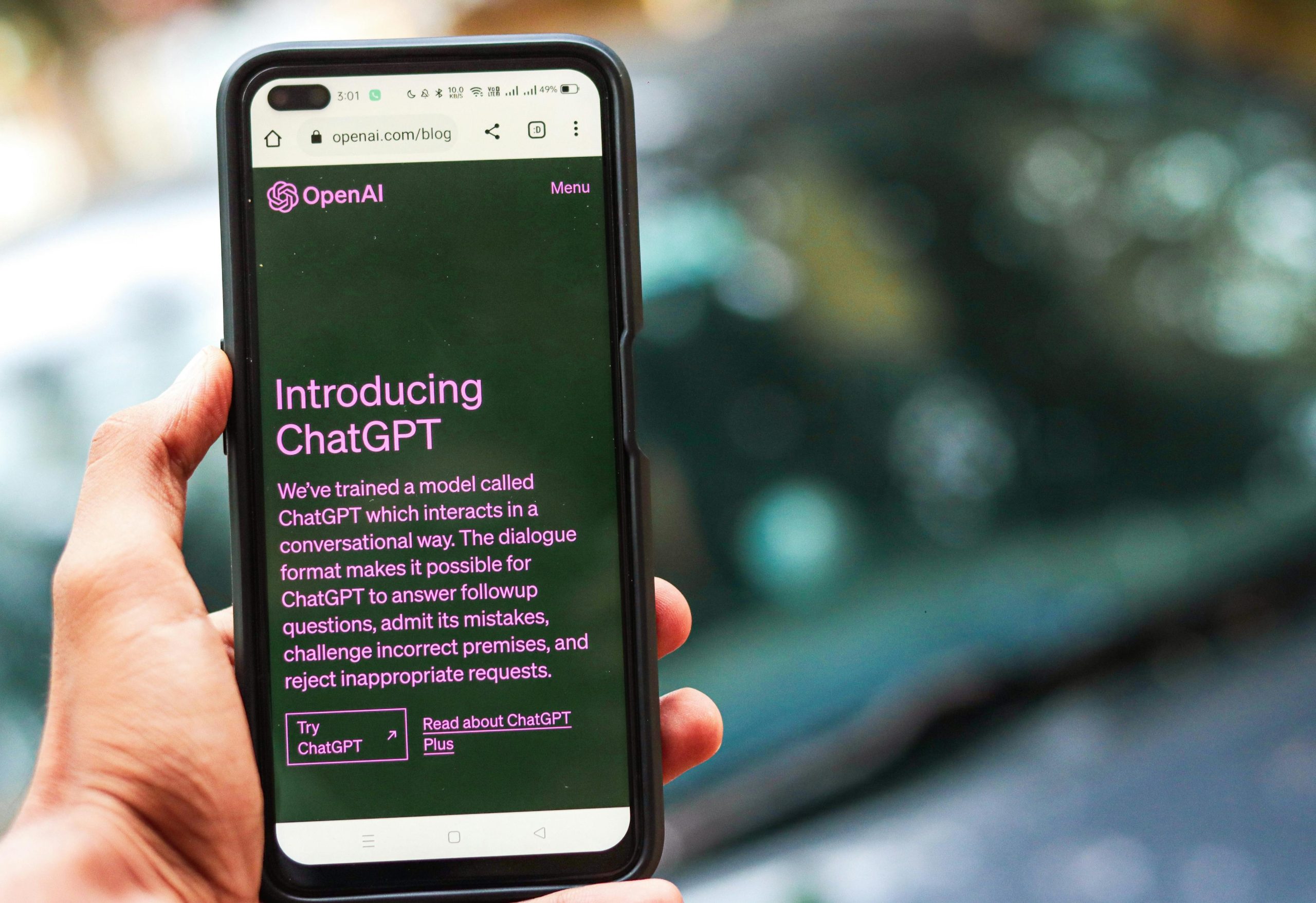

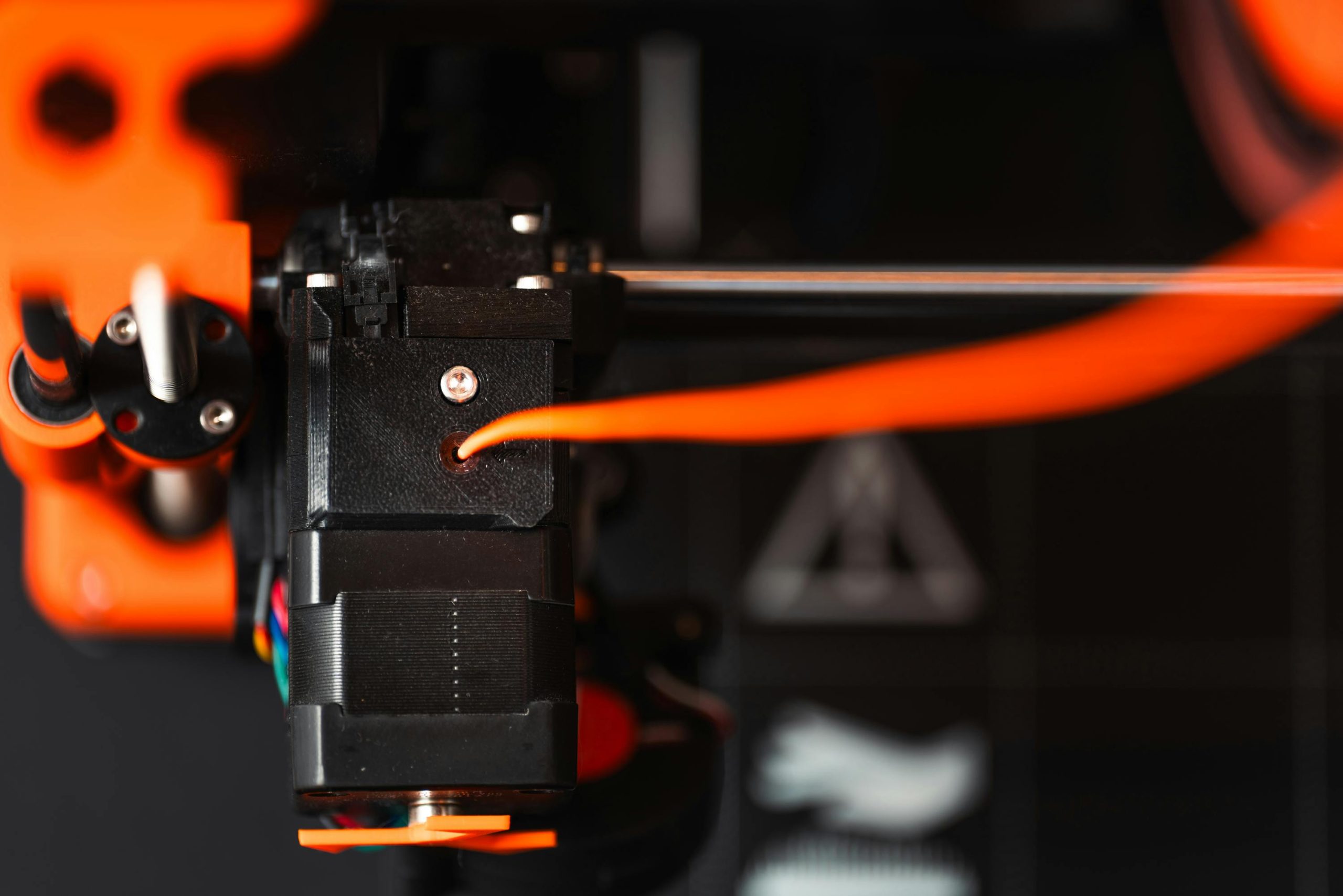
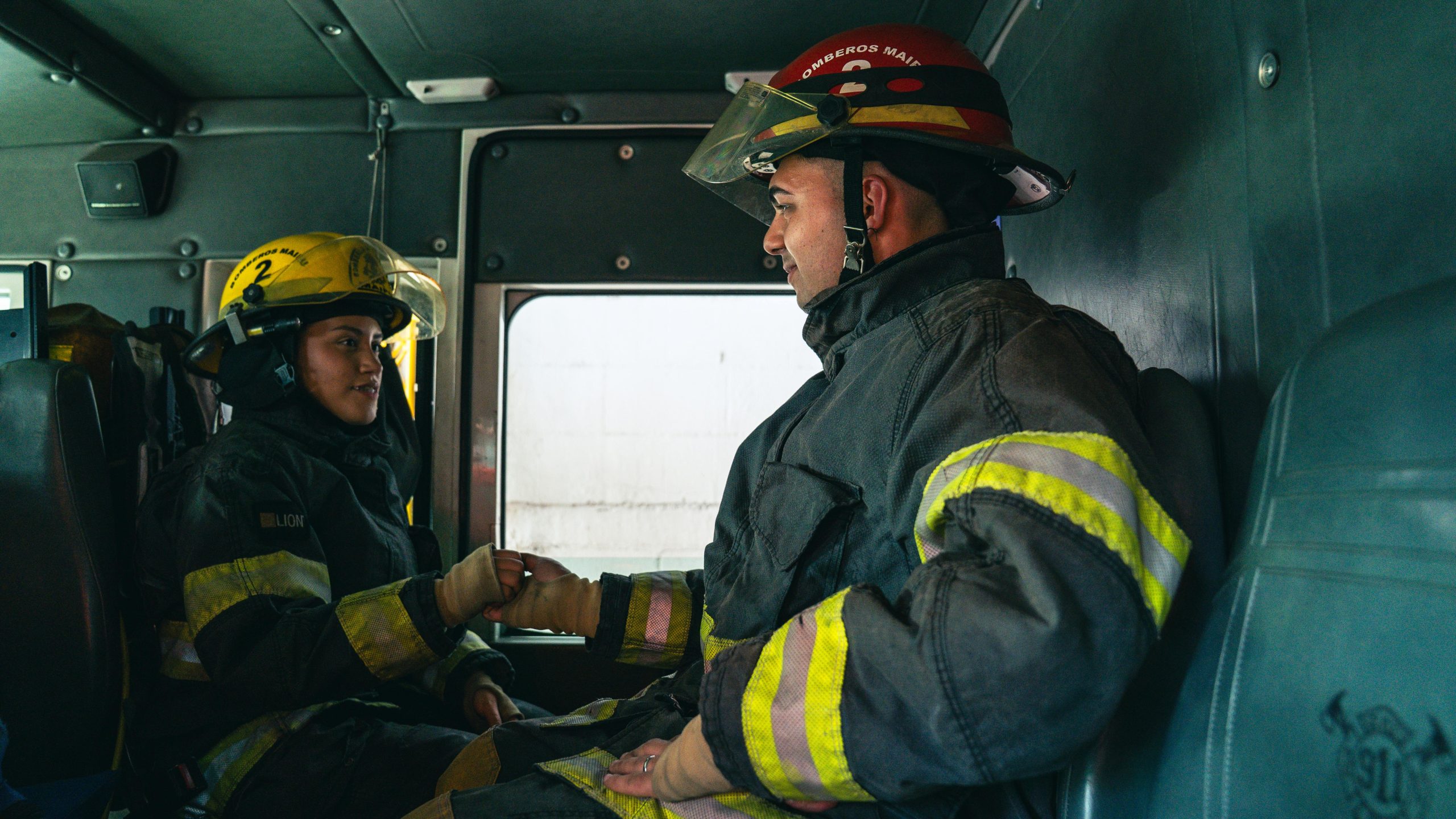

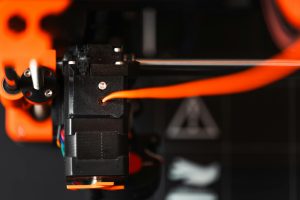





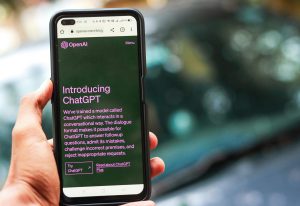


Post Comment